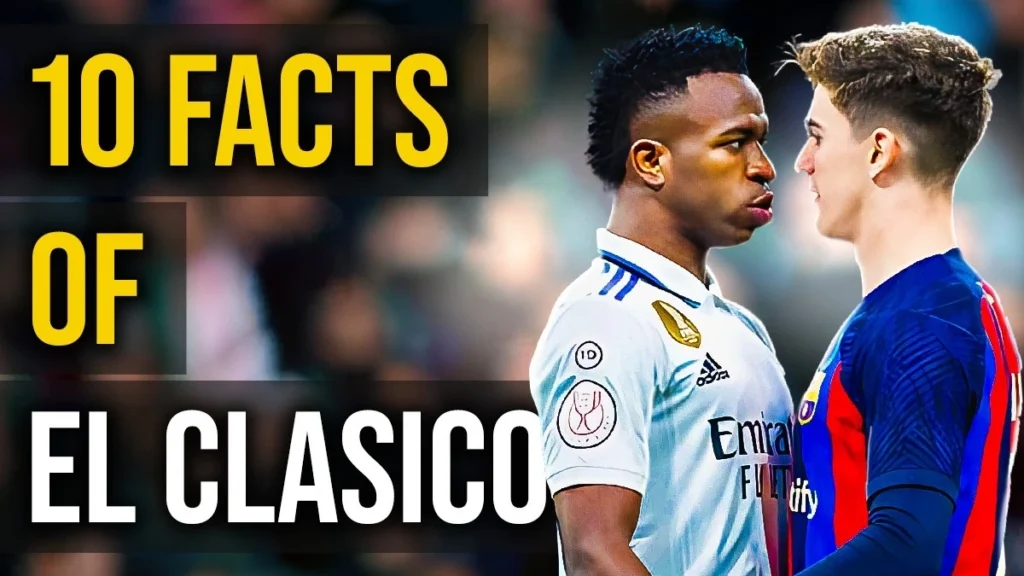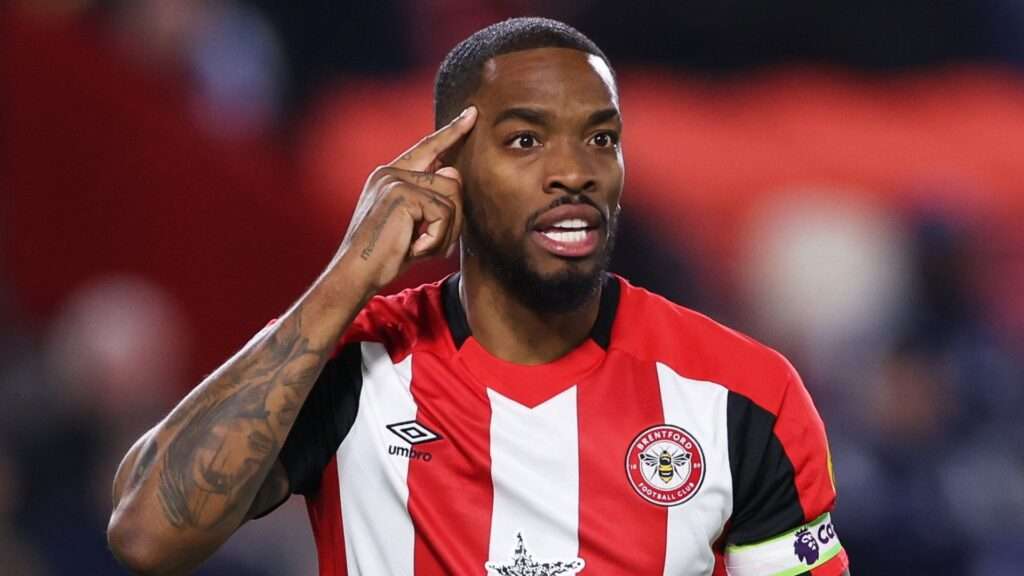Facts About El Clásico—where the titans of football, Real Madrid and Barcelona, clash in a historic rivalry that transcends mere sportsmanship. This match stands as the paramount fixture in the football universe, capturing the hearts of millions worldwide.
Facts About El Clásico
As another pulse-quickening encounter between Barcelona and Real Madrid approaches, let’s delve into the unknown territories of this monumental clash. Here are ten fascinating facts that might just surprise you about El Clásico.
1. The most-watched fixture
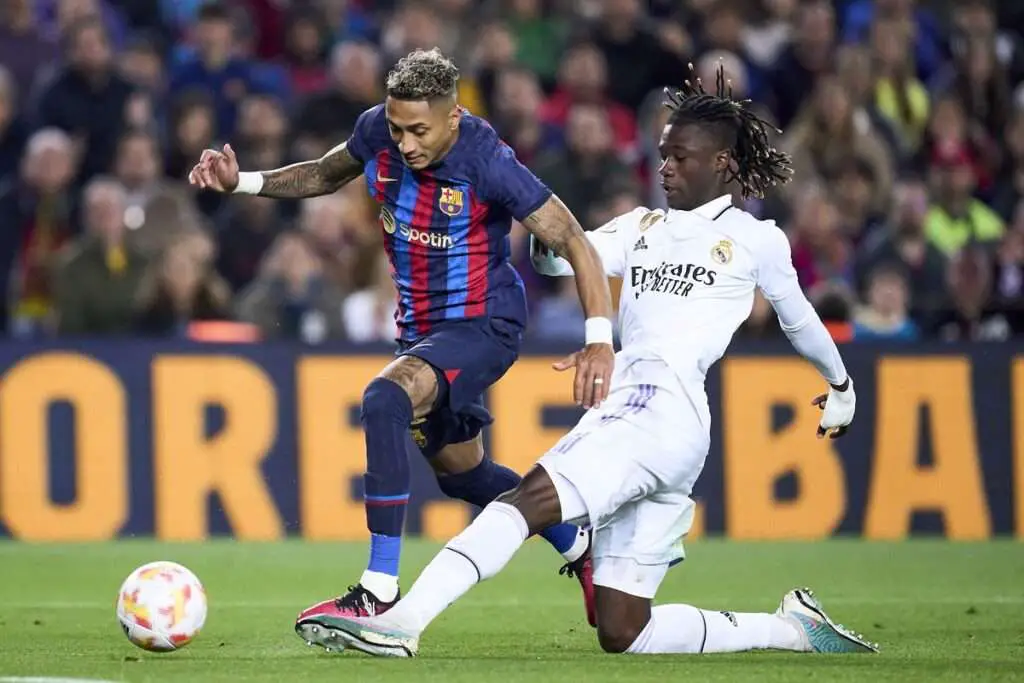
Let’s kick off with the astounding fact that El Clásico stands as the most-watched showdown between two rival teams in the history of football. Excluding the World Cup final and the Champions League final, no other football match commands a larger viewership than this iconic clash.
To put it into perspective, El Clásico outshines even some of the most prominent sporting events globally. On average, it draws more viewers than the NBA Finals, the World Series, and even the Super Bowl! This grandeur extends beyond the realm of football, with El Clásico boasting a viewership surpassing that of the Academy Awards. Its sheer magnitude is nothing short of monumental.
2. The Infamous 11-1 Encounter
Real Madrid holds the distinction of achieving the largest victory in El Clásico history by defeating Barcelona 11-1 during the semi-final of the Copa del Generalisimo (now Copa del Rey) in 1943.
However, this win remains a sour moment in Madrid’s history as it was mired in a myriad of controversies. Barcelona had triumphed in the first leg with a resounding 3-0 score. But leading up to the second leg, a series of unsettling events unfolded. Barcelona fans were prohibited from traveling to Madrid, while Madrid fans resorted to aggressive actions, pelting the Barcelona players’ bus with stones from the hotel to the stadium.
Once on the pitch, chaos ensued as coins, bottles, and stones were hurled at the players. Reports surfaced of Madrid fans shouting derogatory remarks, labeling Barcelona players as “separatists.” The overall conduct of the referee was heavily questioned, with allegations of bias throughout the game.
Unconfirmed rumors even suggested that the police had intimidated the Barcelona players in the dressing room, adding to the chaos. For Barcelona fans and players, this contentious match became a symbol that solidified Real Madrid’s association with the dictatorship. Moreover, for many, this marked the origin of the El Clásico rivalry as it stands today.
Read Also 10 Footballers Living Their Fathers’ Dreams
3. The Inaugural Battle
Barcelona secured the victory in the first-ever Clásico held on May 13, 1902, during the Copa de la Coronación, triumphing over Madrid FC with a 3-1 scoreline. Interestingly, at that time, Real Madrid went by the name of Madrid FC. This historic match laid the foundation for the enduring rivalry between these two footballing giants.
4. Frequency of Clashes
Every year, at a minimum, we anticipate witnessing two El Clásico clashes, although that number can certainly soar, leading to as many as seven matchups in a single season. Remarkably, in the past, there were instances where the rivalry was ignited on a grand scale.
For instance, in the last season, Barcelona and Real Madrid squared off five times, engaging in heated battles twice in La Liga, two more times in the Copa del Rey semi-final, and one showdown in the Super Cup final.
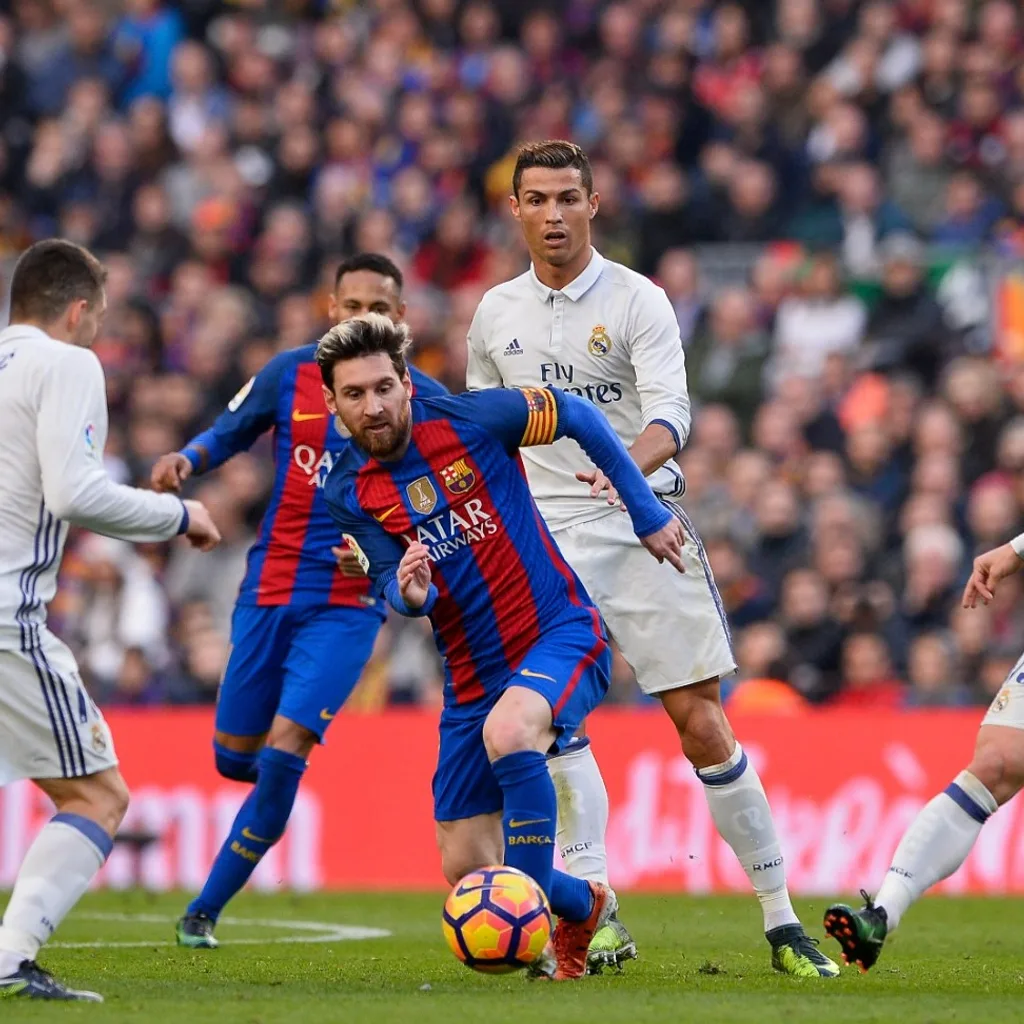
Remarkably, the intensity once peaked in 2011, a time when El Clásico was at its zenith with the two most outstanding players in the world on either side of the divide. During this year, these Spanish football titans collided in an extraordinary four encounters within just 18 days.
Their clashes were evenly spread out, involving a league match, two intense semi-finals in the Champions League, and a memorable Copa del Rey final. The nail-biting results reflected the fierce competition—both the La Liga game and the Champions League second leg ended in a draw, with Barcelona securing victory in the Champions League first leg, while Madrid triumphed in the Copa del Rey final. This period truly encapsulated the intense and evenly matched rivalry between these two footballing powerhouses.
5. The Remarkable Mutual Respect
Despite the intense and enduring nature of this rivalry, a remarkable element remains—the presence of mutual respect. Throughout history, there have been noteworthy occurrences where fans from one team showed their admiration by giving standing ovations to players from the opposing side.
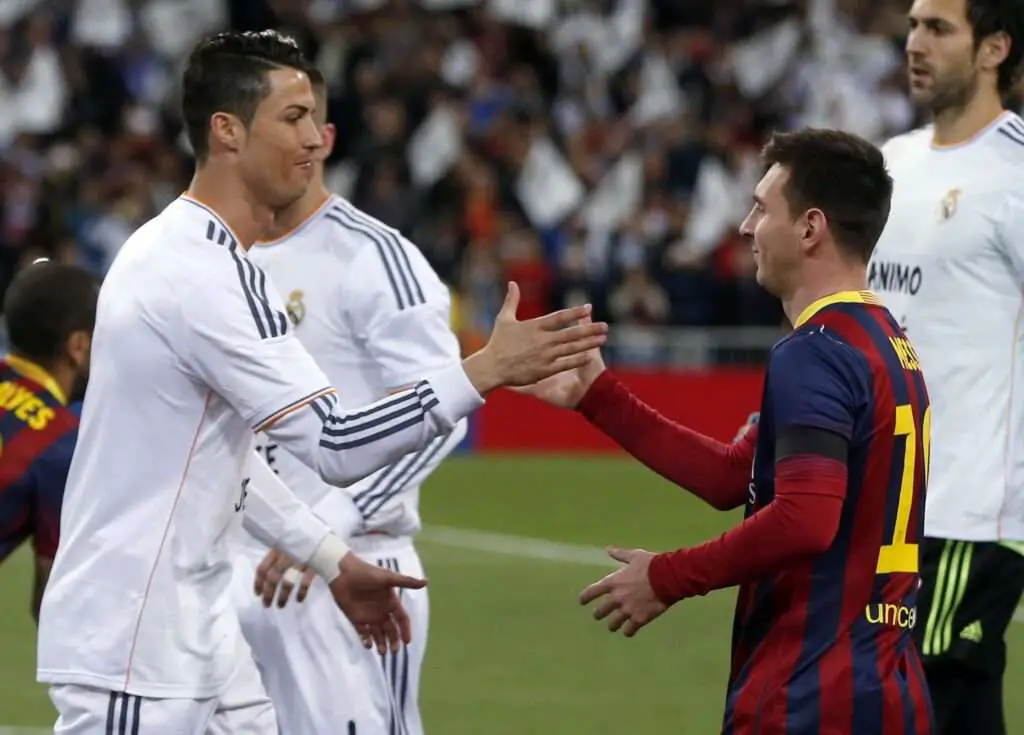
The trend initiated in 1980 when Lauri Cunningham, a player from Madrid, was the first to receive a standing ovation from Barcelona fans. Three years later, Barcelona’s Diego Maradona was honored with an ovation from Madrid supporters.
This trend of mutual respect continued over the years. In 2005, Ronaldinho, playing for Barcelona, received a standing ovation from Madrid fans. A decade later, in 2015, the respect flowed in the other direction as Andres Iniesta, a Barcelona player, was acknowledged and applauded by the rival Madrid fans. These instances stand as testaments to the sportsmanship and mutual admiration present within the fervent rivalry of El Clásico.
6. Ronaldo’s Unusual Feat
Here’s an intriguing yet peculiar fact about El Clásico. Surprisingly, Cristiano Ronaldo, despite being the second-highest goal scorer in the history of El Clásico, never achieved a hat-trick against Barcelona. In contrast, Messi, Suarez, and Benzema all managed to secure El Clásico hat-tricks before departing Spain, adding an unusual twist to this historical rivalry.
Cristiano Ronaldo will be ready for the Champions League Final against Liverpool https://t.co/yvJpXgktVC pic.twitter.com/91YzXu4dV8
— Managing Madrid (@managingmadrid) May 8, 2018
The absence of a hat-trick from Ronaldo, especially given his substantial goal-scoring record, does indeed stand out as an anomaly within the context of these legendary matchups. Moreover, considering Ronaldo’s standing as the second-highest scorer in El Clásico history, it’s a near certainty that Messi holds the top spot in this regard.
7. Sergio Busquets’ Record
When it comes to the most appearances in the history of El Clásico, neither Messi nor Ramos holds the top spot. This distinction is currently held by Sergio Busquets. The esteemed Spanish midfielder participated in 48 El Clásico encounters throughout his tenure at Barcelona, which is three more appearances than both Messi and Ramos.
8.Players Who Crossed the Divide
As we’ve previously underscored, the intensity of the rivalry between Barcelona and Madrid is unparalleled. In 2011, tensions between the two clubs became so heightened that Vincente del Bosque, concerned about its potential impact on the team spirit within the Spain national squad, expressed worries about the situation.
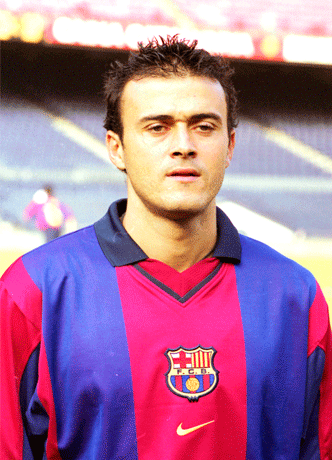
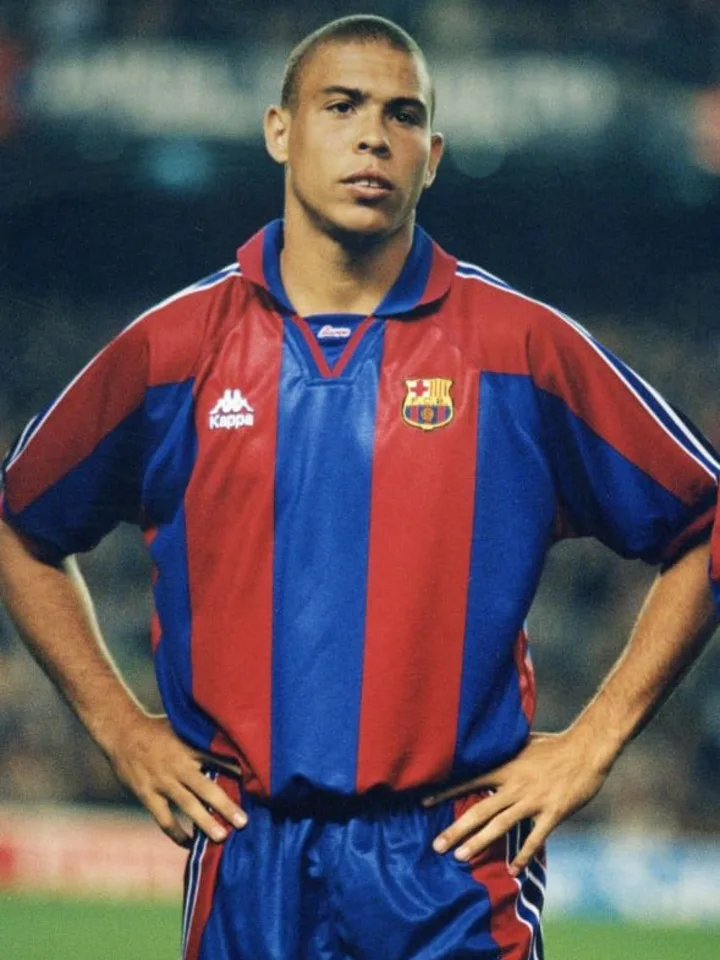
Despite the intense nature of the rivalry, a select few players have transcended club loyalties, having the unique distinction of representing both sides in El Clásico. Among these exceptional individuals are only four players: Josep Samitier, Luis Figo, Luis Enrique, and Ronaldo Nazario. Their careers featured stints on both the Barcelona and Real Madrid sides, adding a fascinating dynamic to the history of this fiercely contested rivalry.
9. Managing El Clásico
Let’s uncover the manager who boasts the record for the most wins in El Clásico history. Surprisingly, it’s not among the celebrated favorites like Ancelotti, Guardiola, Mourinho, Zidane, Enrique, or even Cruyff. The honor of the most wins in El Clásico history is held by the late Miguel Muñoz, who served as the manager of Real Madrid between 1960 and 1974. His legacy in the realm of El Clásico victories remains unparalleled, cementing his status as one of the most successful managers in the history of this storied rivalry.
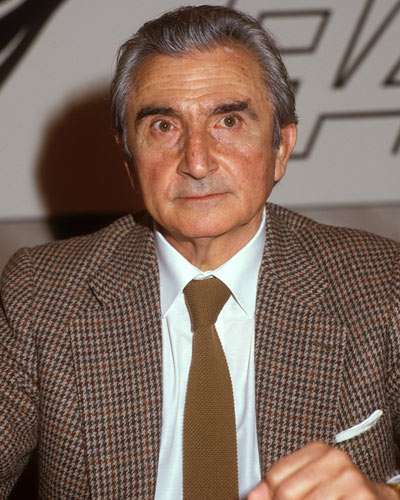
10. Crossover Coaches
There are two notable figures in football history who held the distinctive position of coaching both Barcelona and Real Madrid.
Enrique Fernández notably led Barcelona before taking charge at Real Madrid, marking an intriguing shift between the two arch-rival clubs. Similarly, Radomir Antić also had a unique career trajectory, initially coaching Real Madrid before assuming the managerial position at Barcelona, contributing to the entwined history of these formidable clubs.
Radomir Antić, RIP. pic.twitter.com/PE0ExQYfN0
— Olympia (@olympia_vintage) April 6, 2020
It’s worth noting that José Mourinho, although involved with Barcelona’s coaching staff, did not hold the head coach position, and therefore, he isn’t counted among the select few who managed both sides in the storied history of El Clásico.
El Clásico remains a captivating blend of history, drama, and extraordinary talent. The fierce contest between these football giants continues to mesmerize and enthrall fans worldwide, setting the stage for yet another gripping encounter in the future. If you have more intriguing El Clásico facts, share them with us in the comments below. And don’t forget to predict your winner for the upcoming game!

